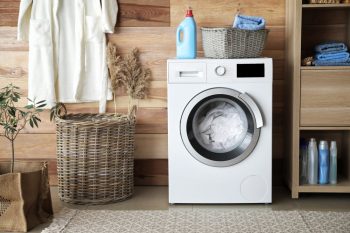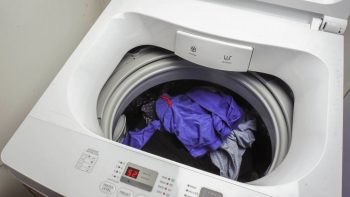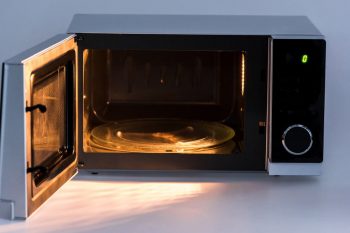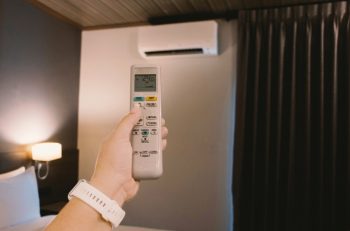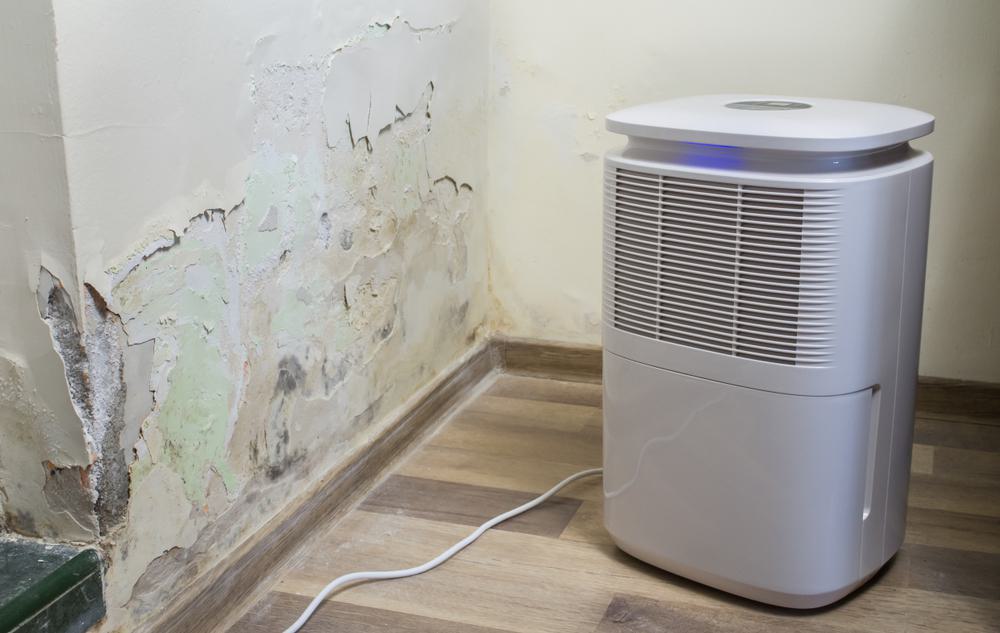
Dehumidifiers are a great tool for keeping your home comfortable and preventing the growth of mold and mildew. However, you might occasionally notice an unpleasant smell coming from your dehumidifier. This can be a cause for concern, as it could indicate a problem with the unit or the air quality in your home. In this in-depth guide, we will explore the reasons why your dehumidifier might smell and provide solutions to fix and prevent this issue.
Your dehumidifier might smell due to reasons such as mold growth, a dirty filter, stagnant water, dirty condenser coils, or improper storage. Mold can grow in the dehumidifier due to the presence of moisture, dust, and warm temperature. A dirty filter can accumulate dust and debris, resulting in a bad smell. Stagnant water in the hose or water collection bucket can cause odors. Dirty condenser coils and storing the dehumidifier with water inside can also contribute to unpleasant smells. Regular cleaning and maintenance can help prevent these issues.
Common Reasons for Dehumidifier Smells
There are several reasons why a dehumidifier might start to emit an unpleasant smell. These include:
- Mold growth: Mold can grow in the dehumidifier due to the presence of moisture, warm temperature, dust, and dirt. Mold can be found in the filter, evaporator, air inlet and outlet, and fan blades.
- Dirty filter: A filter that has accumulated dust and debris can result in a bad smell.
- Stagnant water: Stagnant water that has pooled in a hose or in the water collection bucket can cause odors.
- Dirty condenser coils: Chronically dirty condenser coils can also contribute to unpleasant smells.
- Improper storage: Storing the dehumidifier with water still inside can cause biological growth, leading to a musty smell.
How Dehumidifier Operation Contributes to Smells
When a dehumidifier is used for a long time, dust accumulates on the filter, and moisture builds up on the internal evaporator. If the dehumidifier does not have a drying and mildew-proof function, the internal moisture will persist, leading to mold and smell over time.
Another source of odor in a dehumidifier is the water storage bucket. Dust particles may accumulate in this bucket, leading to unpleasant smells. Additionally, if the dehumidifier is not cleaned and maintained regularly, its efficiency will be reduced, and the dehumidification effect will be negatively impacted. This can result in the dispersal of indoor odors and secondary pollution to the indoor air, which can affect human health.
Identifying Serious Issues
Some signs that the smell from a dehumidifier might be indicative of a serious issue include:
- A musty or moldy smell could be due to mold and mildew growth inside the dehumidifier’s basin, coils, or water collection area.
- The air filter in a dehumidifier traps dust, debris, and other particles from the air. Over time, these trapped particles can lead to odor-causing bacteria or mold buildup.
- If there is stagnant water in the dehumidifier’s water tank, it can cause a musty smell.
- If the humidity level in your home is above 60%, it can trap odors and create a musty, damp lingering smell.
How to Clean a Smelly Dehumidifier
To clean a dehumidifier that has started to smell, follow these steps:
- Unplug the dehumidifier and ensure it is turned off.
- Remove and empty the water tank. Clean it with a mixture of vinegar and water or warm soapy water.
- Clean the air filter by vacuuming or washing it with soapy water.
- If accessible, clean the evaporator coils with a soft-bristled brush.
- Clean the air intake and exhaust grilles with a vacuum brush attachment.
By performing these maintenance tasks regularly, you can keep your dehumidifier hygienic and prevent the development of bad smells.
The Role of Filters and Deodorizers
Filters or deodorizers can help reduce or eliminate odors from a dehumidifier by targeting the source of the smell and neutralizing it. Activated charcoal filters are particularly effective at trapping and absorbing offensive odors.
When to Seek Professional Help
If your dehumidifier continues to smell even after thorough cleaning and maintenance, it might be necessary to consult a professional to inspect and address any underlying issues.
Conclusion
A smelly dehumidifier can be a nuisance, but with regular cleaning and maintenance, you can prevent this issue. By understanding what causes these smells and how to address them, you can ensure your dehumidifier continues to improve the air quality in your home without any unpleasant side effects.
Frequently Asked Questions
How often should I clean my dehumidifier to prevent smells?
It’s recommended to clean your dehumidifier every few weeks, or whenever you notice a buildup of dust or debris. However, the frequency can vary depending on the usage and the environment in which the dehumidifier is used.
What type of soap is best for cleaning a dehumidifier?
Mild dish soap is typically safe and effective for cleaning a dehumidifier. Avoid using harsh chemicals or abrasive cleaners, as these can damage the unit.
Can I use bleach to clean my dehumidifier?
While bleach can kill mold and bacteria, it’s generally not recommended for use on dehumidifiers as it can corrode the metal parts. Instead, a mixture of vinegar and water is a safer option.
How can I tell if my dehumidifier needs to be replaced?
If your dehumidifier is not removing moisture as effectively as it used to, or if it’s producing strange noises or smells even after cleaning, it may be time to consider replacement.
Can I use a deodorizer in my dehumidifier?
Yes, you can use a deodorizer in your dehumidifier. Activated charcoal filters are particularly effective at trapping and absorbing offensive odors. However, make sure the deodorizer is safe for use in dehumidifiers.


